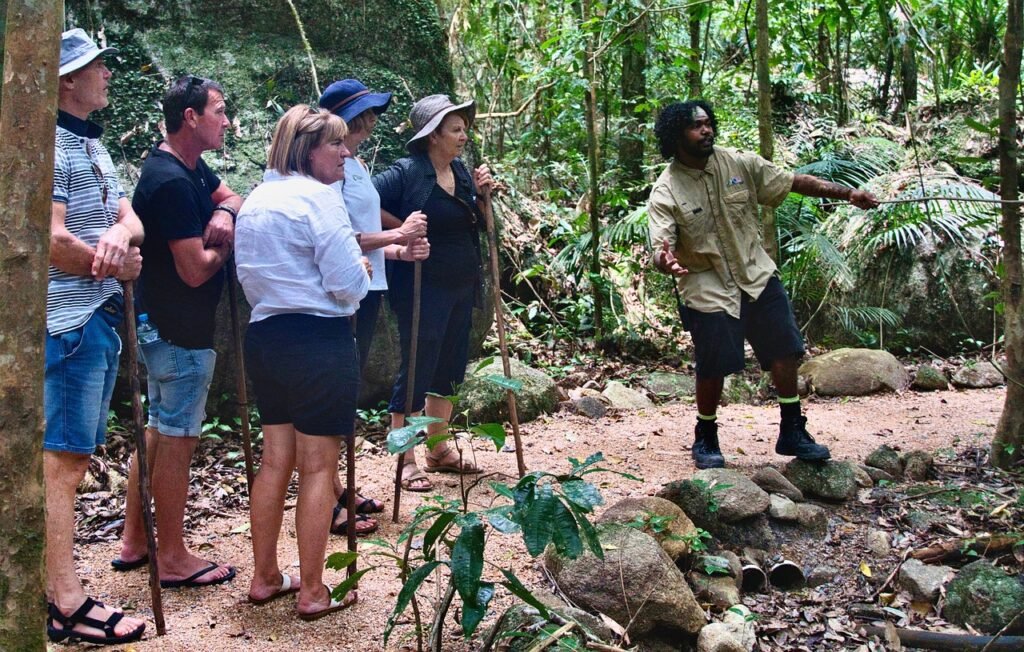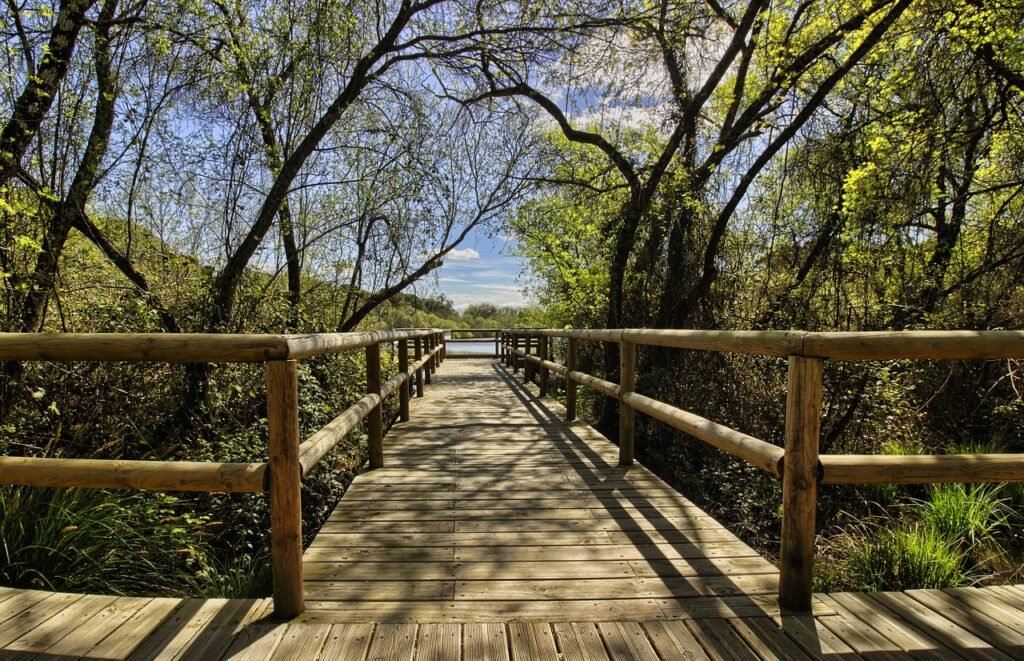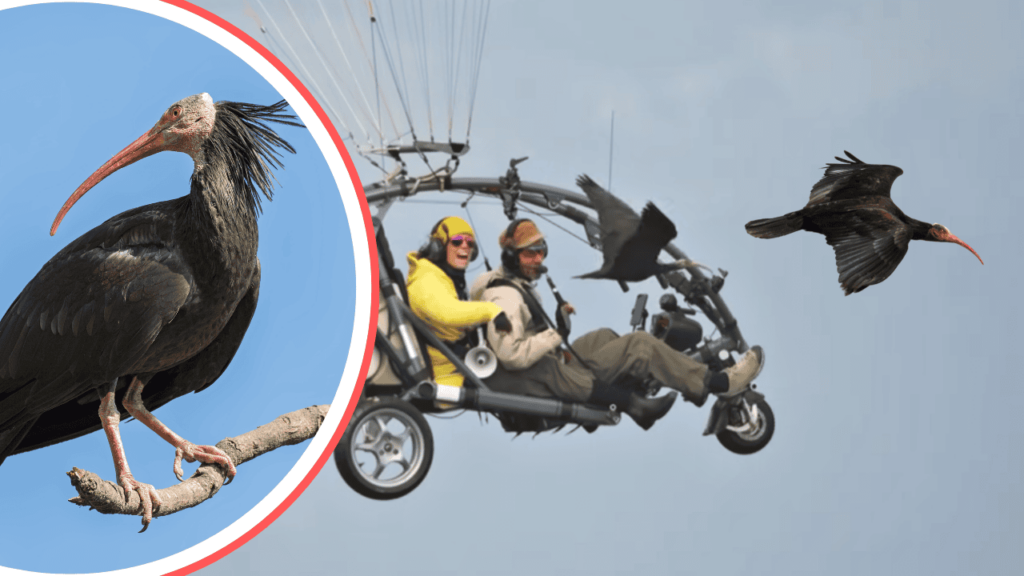Eco-tourism, often called sustainable tourism, emphasizes responsible travel to natural areas to conserve the environment, sustain the well-being of local people, and involve interpretation and education. As a rapidly growing sector of the tourism industry, eco-tourism seeks to reduce the impact on natural ecosystems while offering economic incentives for conservation efforts and providing unique experiences for travelers.
The Role of Eco-Tourism in Wildlife Conservation

Eco-tourism can play a pivotal role in wildlife conservation by providing funding for conservation projects, raising awareness about endangered species, and promoting more sustainable viewpoints among local communities and tourists. By aligning economic incentives with conservation goals, eco-tourism has the potential to positively affect wildlife populations and habitats.
Financial Incentives for Conservation

One of the crucial benefits of eco-tourism is that it generates revenue that can be reinvested into conservation efforts. Fees from eco-tourism activities, such as park entry fees, guide fees, and permit costs, often go directly to fund wildlife reserves and protected parks. This continuous stream of income enables the maintenance of these areas, helping cover the costs of anti-poaching patrols, habitat restoration projects, and local conservation education programs.
Creating Awareness and Shaping Attitudes

Eco-tourism can be an effective tool for raising awareness about the importance of conservation. Educational components are a significant aspect of eco-tourism experiences, often involving guided tours and informative sessions about local ecosystems and species. This knowledge empowers tourists to become advocates for conservation upon returning home, fostering global awareness and support. Moreover, local communities often gain a deeper understanding and appreciation for conserving wildlife, viewing it as an essential asset rather than a hindrance to development.
Community Engagement and Empowerment

Engaging local communities is fundamental to the success of eco-tourism initiatives. By actively involving them, eco-tourism projects can provide alternatives to traditional practices that may harm wildlife, such as agriculture expansion, logging, or hunting. Employment opportunities in guiding, hospitality, and management offer economic stability and incentivize the protection of natural resources. When locals see tangible benefits from preserving wildlife, they are more likely to support and participate in conservation efforts.
Challenges and Potential Pitfalls

While eco-tourism offers many benefits, it is not without challenges. One significant issue is the potential for environmental degradation if tourism is not managed correctly. Over-visitation can lead to habitat destruction, pollution, and disturbances to wildlife. Ensuring strict regulations and sustainable visitor numbers is essential. Additionally, revenue generated from eco-tourism does not always filter down to community levels, leading to discrepancies and a lack of incentives for local populations. Transparency and fair distribution of resources are vital to overcoming these challenges.
Innovative Approaches and Success Stories

Many regions have demonstrated notable success in integrating eco-tourism with conservation. For instance, in Costa Rica, eco-tourism has been integral to conserving its rich biodiversity, funding national parks, and supporting local economies. Similarly, Kenya’s community-based conservancies prioritize local leadership and benefit-sharing, resulting in both wildlife preservation and improved livelihoods. These examples show that with thoughtful planning and collaboration, eco-tourism can lead to sustainable conservation solutions.
The Future of Eco-Tourism and Wildlife Conservation

As global interest in sustainable practices grows, the integration of eco-tourism with wildlife conservation is likely to become increasingly common. Technology will play a significant role, offering innovative tools for conservation efforts and enhancing tourist experiences through virtual reality, apps, and other digital resources. The future of eco-tourism lies in continued collaboration among governments, NGOs, and private sectors to ensure it remains a viable and effective tool for preserving our planet’s invaluable wildlife. By balancing ecological sensitivity with economic needs, eco-tourism can pave the way for a more sustainable relationship between humans and the natural world.




